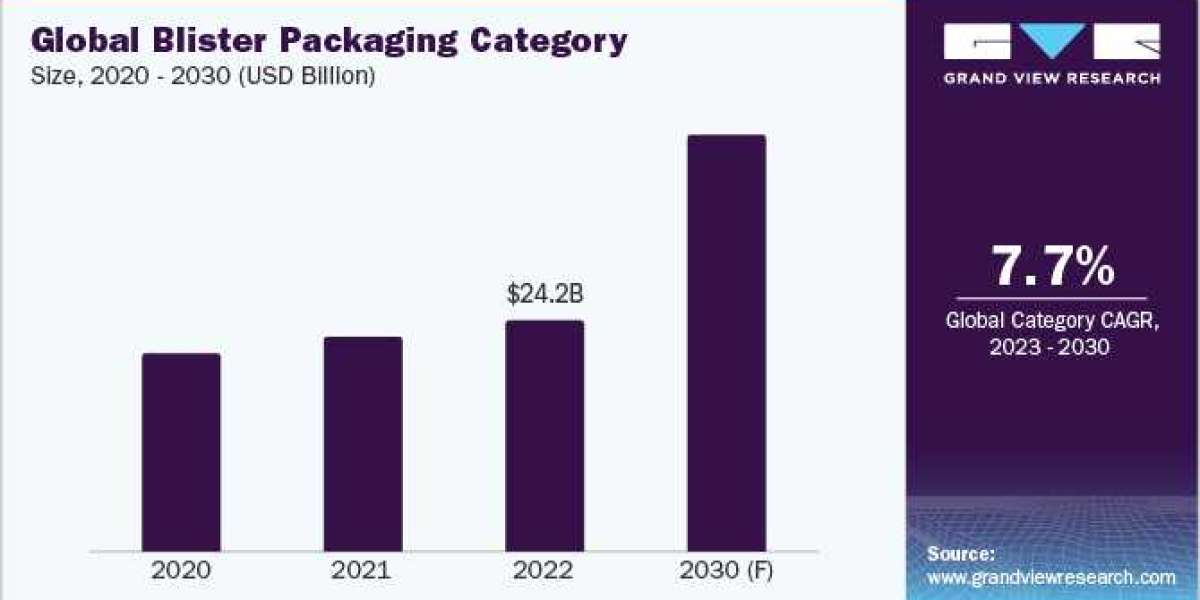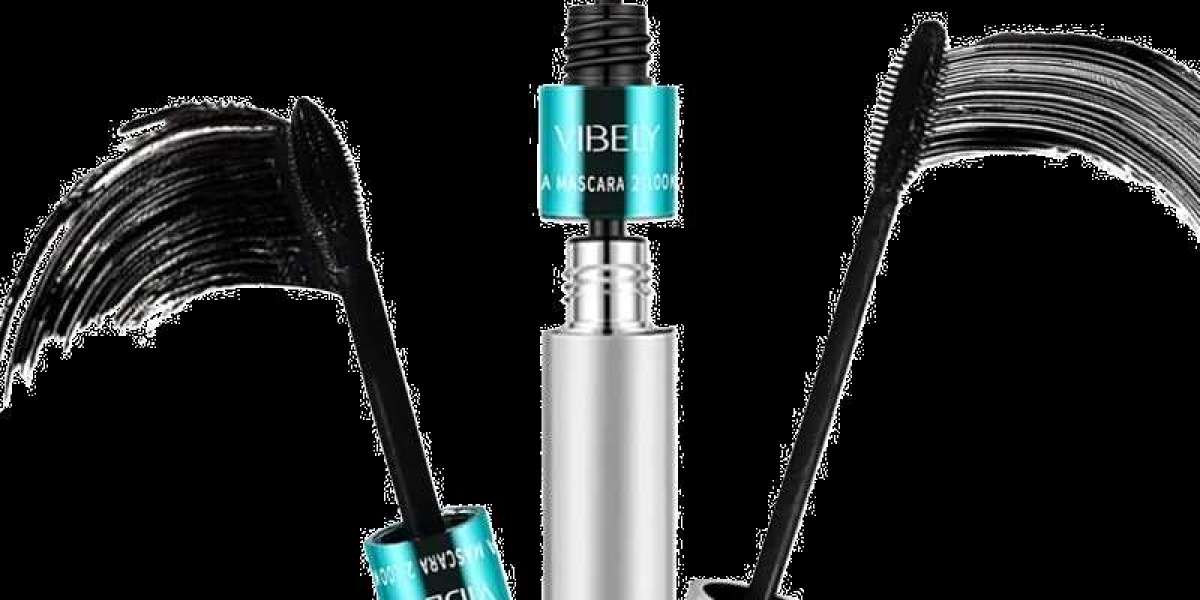Blister Packaging Procurement Intelligence
The blister packaging category is expected to grow at a CAGR of 7.7% from 2023 to 2030. North America accounts for the largest share of the category. Transformation in packaging solutions is driving the demand in the category. Rising concerns about product safety, technology innovation, and sustainability have changed the way manufacturers are producing packaging solutions. Manufacturers are focusing on producing blister packaging using eco-friendly plastics. For instance, in 2021, Amcor announced customer trials of its first recyclable polyethylene-based thermoform blister packaging, AmSky, which is an alternative for PVC in blister packaging. AmSky reduces its carbon footprint by 70% compared to PVC.
This packaging solution is frequently employed for tamper-evident purposes as it offers a securely sealed and transparent container for products, enabling consumers to detect any signs of tampering or opening. It also presents a challenge for substituting the product with counterfeits or harmful substances without breaking the seal, thereby offering an extra level of safety for consumers.
Order your copy of the Blister Packaging category procurement intelligence report 2023-2030, published by Grand View Research, to get more details regarding day one, quick wins, portfolio analysis, key negotiation strategies of key suppliers, and low-cost/best-cost sourcing analysis
Companies are continuously focusing on adopting several strategies such as partnerships, new product launches, expansions, and partnership agreements to increase consumer reach and sustain in the market.
- In October 2022, Tekniflex announced the launch of its fully transparent recyclable mid-barrier blister package. The mid-barrier blister would consist of barrier PP lidding film and polyolefin blister film.
- In March 2022, Astellas launched the first plant-based packaging to tackle climate change and reduce environmental impact. The company used bioplastic made from sugarcane that is carbon neutral to make blister packs.
The technique of cold-forming blister packaging involves the utilization of thin laminate film sheets that incorporate aluminum. To produce blister packs using cold forming, a stamp is usually employed by the blister machine to exert pressure on the sheets, shaping them into the desired form. This process allows the aluminum-infused film to stretch and maintain the molded shape once the stamp is no longer in contact. The cold-form packaging technique is frequently employed in pharmaceutical packaging due to the aluminum-based film's ability to prevent moisture from penetrating the packaging.
Blister Packaging Sourcing Intelligence Highlights
- Suppliers of raw materials, such as plastic films and foils, may have some leverage if they possess unique materials or have limited competition. However, there are usually multiple suppliers available, and switching costs for buyers are relatively low. This helps to balance the power between suppliers and manufacturers.
- Forming film, lidding material, heat seal coating, and printing inks form the major raw material components of the category. They account for more than 60% of the total cost.
- Most manufacturers offer customized packaging solutions depending on the requirements of the customers.
- The category can be described as a mature category with several active suppliers and buyers. Long-term supplier-buyer relationships are recommended for better value creation.
List of Key Suppliers
- Amcor plc
- Westrock Company
- Blisterpak Inc.
- Sonoco Products Company
- Honeywell International Inc.
- Klockner Pentaplast
- Dow
- Constantia Flexibles
- UFlex Limited
- ACG
Browse through Grand View Research’s collection of procurement intelligence studies:
- Courier, Express, and Parcel Services Procurement Intelligence Report, 2023 - 2030 (Revenue Forecast, Supplier Ranking Matrix, Emerging Technologies, Pricing Models, Cost Structure, Engagement Operating Model, Competitive Landscape)
- Dairy Derivatives Procurement Intelligence Report, 2023 - 2030 (Revenue Forecast, Supplier Ranking Matrix, Emerging Technologies, Pricing Models, Cost Structure, Engagement Operating Model, Competitive Landscape)
Blister Packaging Procurement Intelligence Report Scope
- Blister Packaging Category Growth Rate: CAGR of 7.7% from 2023 to 2030
- Pricing Growth Outlook: 5% - 10%
- Pricing Models: Contract-based pricing model, Fixed price pricing model
- Supplier Selection Scope: Cost and pricing, past engagements, bulk purchasing, geographical presence
- Supplier Selection Criteria: Types of packaging, quality, production capacity, source of manufacturing, regulatory compliance, category innovation, and others
- Report Coverage : Revenue forecast, supplier ranking, supplier positioning matrix, emerging technology, pricing models, cost structure, competitive landscape, growth factors, trends, engagement, and operating model
Brief about Pipeline by Grand View Research:
A smart and effective supply chain is essential for growth in any organization. Pipeline division at Grand View Research provides detailed insights on every aspect of supply chain, which helps in efficient procurement decisions.
Our services include (not limited to):
- Market Intelligence involving – market size and forecast, growth factors, and driving trends
- Price and Cost Intelligence – pricing models adopted for the category, total cost of ownerships
- Supplier Intelligence – rich insight on supplier landscape, and identifies suppliers who are dominating, emerging, lounging, and specializing
- Sourcing / Procurement Intelligence – best practices followed in the industry, identifying standard KPIs and SLAs, peer analysis, negotiation strategies to be utilized with the suppliers, and best suited countries for sourcing to minimize supply chain disruptions








